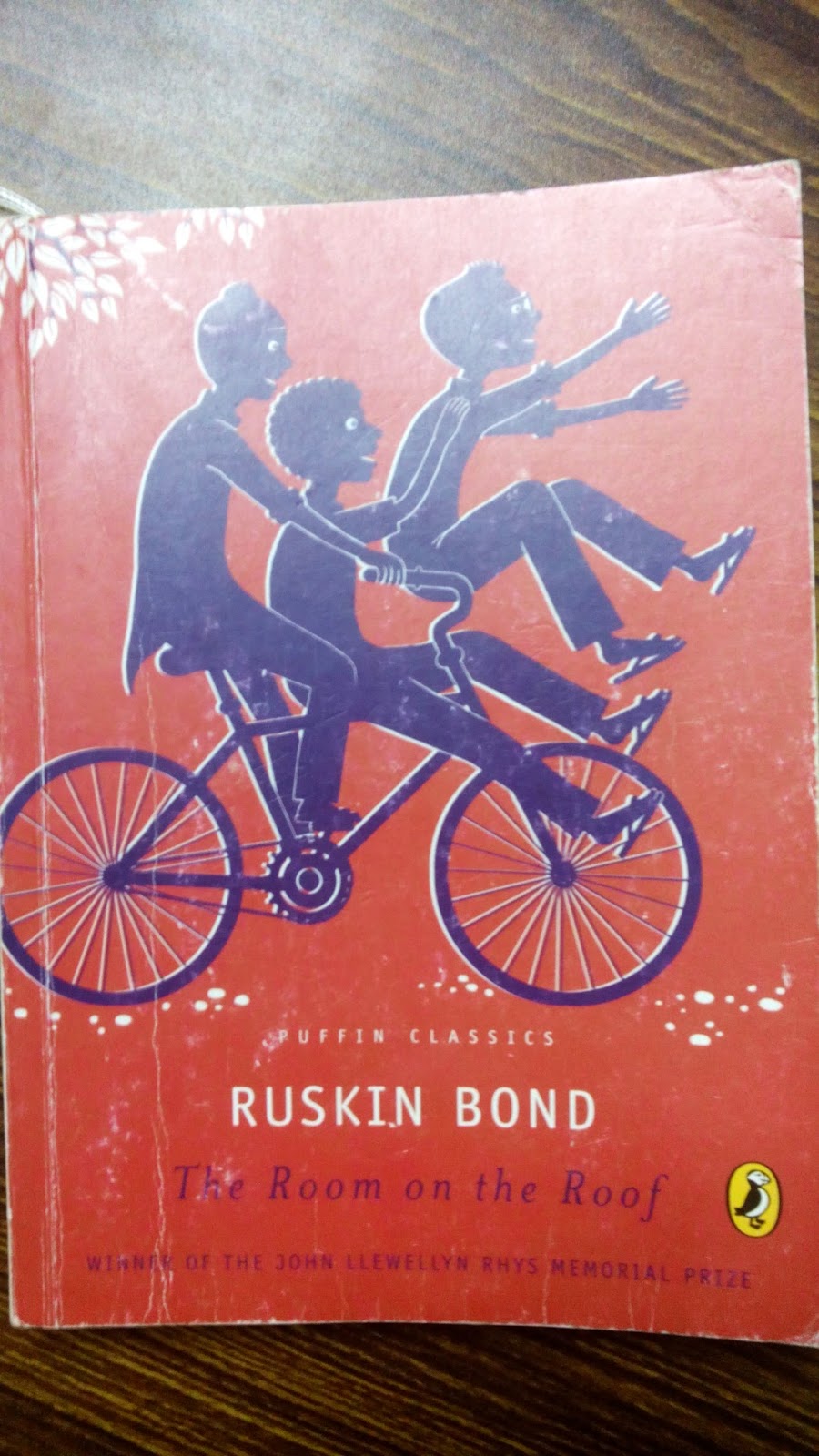India was
once a constant victim of foreign ambitions.The discovery of sea route to the subcontinent by Dom Vasco da Gama let several other French, British and Europeans follow him. They settled there and spread throughout the subcontinent – with
or without the permission of the natives. It was colonization. Colonization was
hard upon the Indians because the colonizers mined the country’s resources,
forced the natives for labour and imposed unbearable laws. Looking back to the time,
it’s tyranny. Imperialism. On contrary, it’s quite a blessing in disguise:
because of those, India makes important appearances in the history of mankind,
war, religion, evolution, revolution, civilization and of literature.
It’s no
wonder India is based as setting in the books of many great writers – both
classic and contemporary. Rabindranath Tagore was an Indian. Ruskin Bond, an
Anglo-Indian, writes in the backdrop of mountains and hills where his childhood
was and where he lives. Sir Arthur Conan Doyle made three characters Indian in
“The Sign of Four” excluding Jonathan Small as foreigner to India. And
in the journey “Around the World in Eighty Days”, Phileas Fogg and
Passepartout save a young widow from Allahabad who later gets married to the
protagonist. In fact, the cause of the journey was: “Fogg gets involved in
an argument over an article in The Daily Telegraph stating that with the
opening of new railway section in India, it’s now possible to travel
around the world in eighty days. He accepts the wager of £20,000 from his club
members, which he’ll receive if he makes around the world in eighty days.”
When we
read those books, it’s the celebration of India. And what should be said of the
country when some of the books and the writers win prestigious international
awards and prizes, mainly due to her?
And I, even
as an ordinary reader, take pride in possessing a copy of such books. Three
award winning books I have are:
1.The
Room on the Roof. – Ruskin Bond.
Written
when the author was just seventeen, the novel is about Rusty, a boy, who
ill-treated by his guardian, escapes into the bazaar of Dehradun and mingles
with new friends. Altogether, the story of adolescence. It won John Llewellyn
Rhys Memorial Prize in 1957.
2.Life
of Pi. – Yann Martel.
The story
of a shipwreck survivor, a sixteen year old boy – Piscine Molitor Patel (
teased as Pi ) – who was left to share a boat with another carnivorous survivor
– a Royal Bengal tiger. It centres on the theme of friendship, courage,
religion and belief ( or believes.) The story starts in Pondicherry, travels across
Pacific Ocean and ends in Mexico. This book won Yann Martel The Man Booker
Prize. It’s also adapted into a movie. Even as a movie, it was nominated for
few Oscar categories.
3. Kim –
Rudyard Kipling
( I am
amidst the book.) Set in the northern India,
this one again is the story of an orphan whose father happens to be an Irish
soldier. He adopts a Tibetan Lama as his master and the two sets to seek
the Lama’s ‘The River of the Arrow.’ This book directly and solely didn’t win
the Nobel Prize to the Kipling. But it was after its publication that he became
the winner as writes Ruskin Bond in Introduction of the latest “Kim”
publication:
“Three
years after Kim was published, Kipling received the Nobel Prize. India has for
the first time become a major theme in English literature and for that we are
indebted to him.”





I would love to read the first one by R Bond...he is one of my fav. writer...help me to get it
ReplyDeleteWonderful Books it appears. I am adding those in my To Read List. Thanks for the share.
ReplyDeleteI like especially the book written by Ruskin Bond...Nice post...Thank you for making us aware of these books again la ...keep writing
ReplyDelete